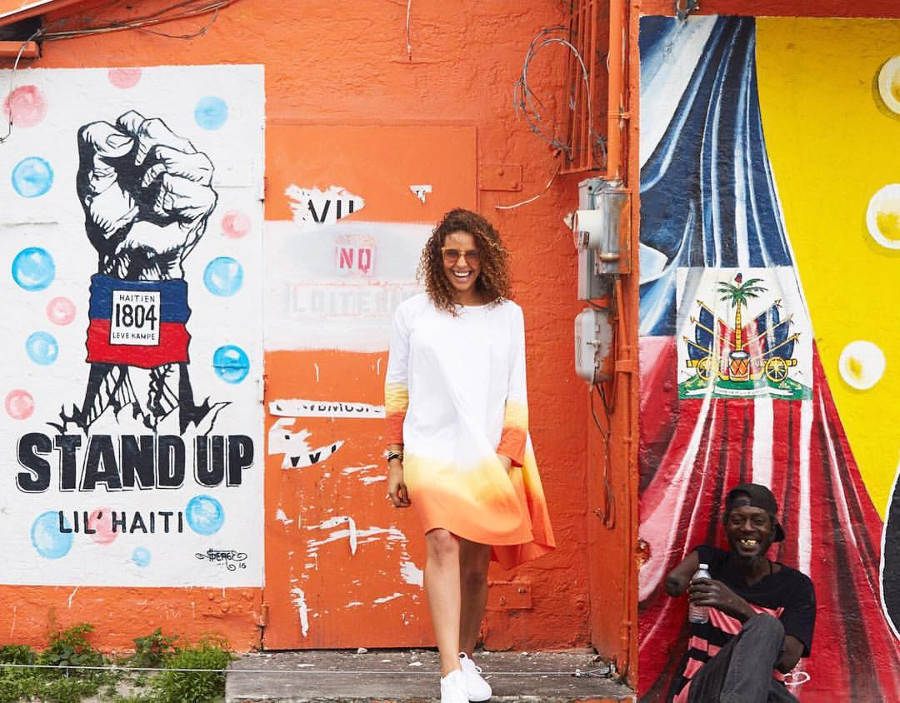
It’s challenging to be a Haitian female rapper in a world that often defines rap as American, female as sweet, and Haitian as miserable.
Rap music is the sound of Haiti’s urban youth, as “rap kreyol.” From the shantytowns, to houses in the hills, rap is heard and made in a language that is of their own making, where they add in urban talk like “sakapfet brode” (what’s up brother) to flow, form, and homegrown instrumentals.
It has been the case since the early 90’s. Rap dominates during carnival, though lately konpa bands have taken the lead from now defunct rap groups like Original Rap Staff and King Posse. Along comes Niska, with fiery flow and pride in her presence.
“I’m what hides in the woods / I speak up for Vodou’s deities,” she raps without flinching in “Veve Lokal.” Faithful to language of her own urbanity, and the natural timbre of her voice, Niska is an artist bent on being true to self.
It’s challenging to be a Haitian female rapper in a world that often defines rap as American, female as sweet, and Haitian as miserable; being a rapper is an existentialist commitment that might not bear any fruit despite her honesty.
Nonetheless, she raps molotov verses in pop-chanteuse outfits, as if a mix of rap and pop: a postmodern woman (I define me.) When she raps, she speaks up, listing beauty, concern, etc. Her hair as straightforward as is her flow, her commitment to having been genuine “on the beat” is what we hear, see, and feel.
To quote a line from writer Durga Chew-Bose, “what I enjoy is this.”
*